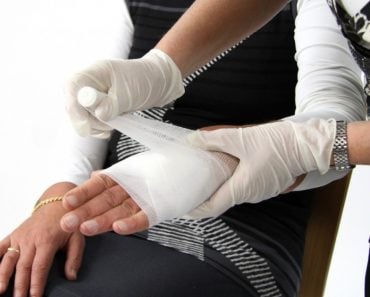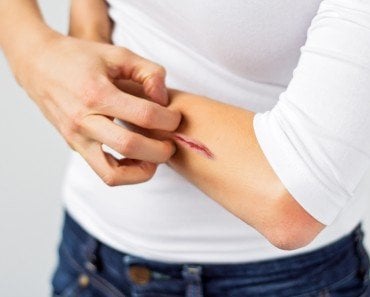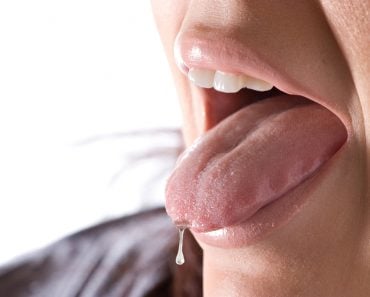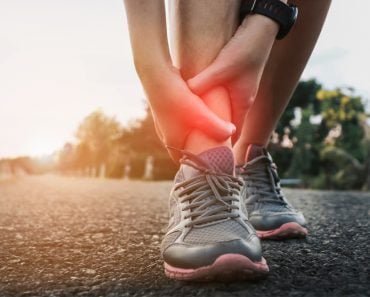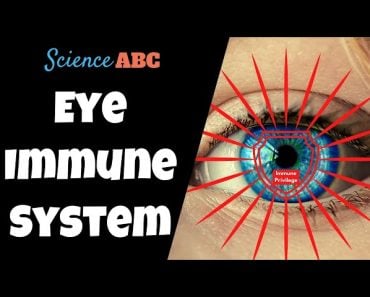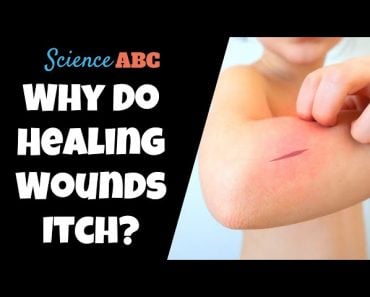Table of Contents (click to expand)
No, licking wounds is not a healthy practice. Although human saliva does contain a few compounds that aid in healing, the mouth is also home to a host of bacteria that are perfectly safe in the oral cavity, but can wreak havoc if introduced into a deep wound through saliva. The principal risk of licking wounds is infection, especially in patients with a decreased immunity to fight infectious diseases (i.e. immunocompromised patients).
The moment we sustain a minor cut or bruise (usually from the sharp edge of common objects like pens, needles etc.), many people begin licking the wound almost instinctively. Many people don’t even realize why they do it; they simply do as they’ve seen their parents or friends behave, or maybe even their pets, considering that many animals we come across in everyday life (e.g., dogs, cats, rats) also lick their wounds.
As commonplace as the instinctive habit of licking wounds might be, does it really do any good?
Recommended Video for you:
The Healing Properties Of Saliva
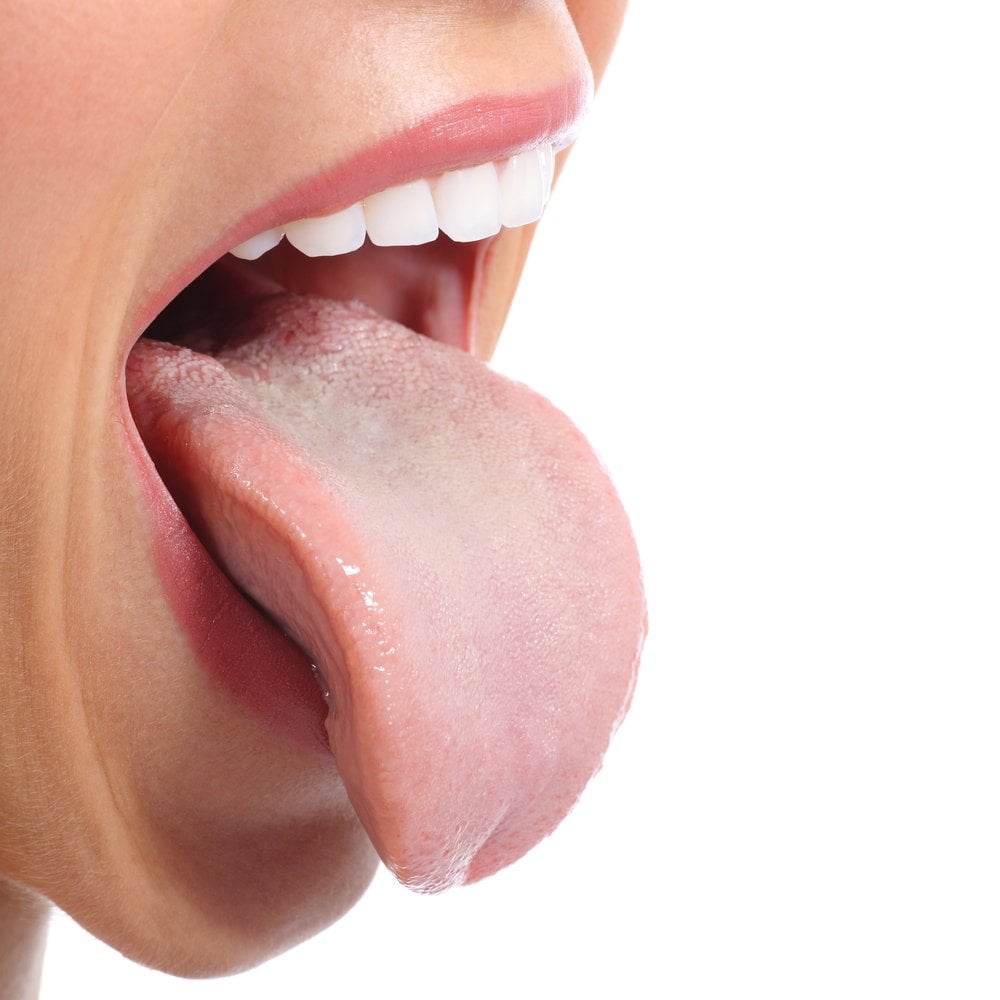
By licking wounds, we essentially introduce saliva into the wound, and the chemicals present in saliva might potentially help to promote healing.
The idea that human saliva has wound-healing properties stems from the fact that oral mucosa, the mucus membrane lining the inside of the mouth, heals much faster than the skin. Saliva contains a cell-derived tissue factor – a protein necessary for the initiation of thrombin (which plays a vital role in the process of blood clotting). It also contains certain enzymes, such as lysozyme, cystatins, peroxidase and defensins, that are antibacterial in nature.
In a study published in 2008, scientists found that a small protein present in saliva called histatin helps to heal injuries and trauma-induced burns. This is one possible explanation for why oral mucosa and wounds of the mouth (from teeth injuries) heal faster than wounds to bone and skin.
Furthermore, licking smaller wounds and injuries also debrides the wound (removes damaged, dead or infected tissue from the affected area) and effectively decontaminates the specific region.
Potential Risks Of Licking Wounds
Licking wounds may have some benefits that promote healing, but the practice also comes with a few risks. Although human saliva does contain a few compounds that aid in healing, the mouth is also home to a host of bacteria that are perfectly safe in the oral cavity, but can wreak havoc if introduced into a deep wound through saliva.
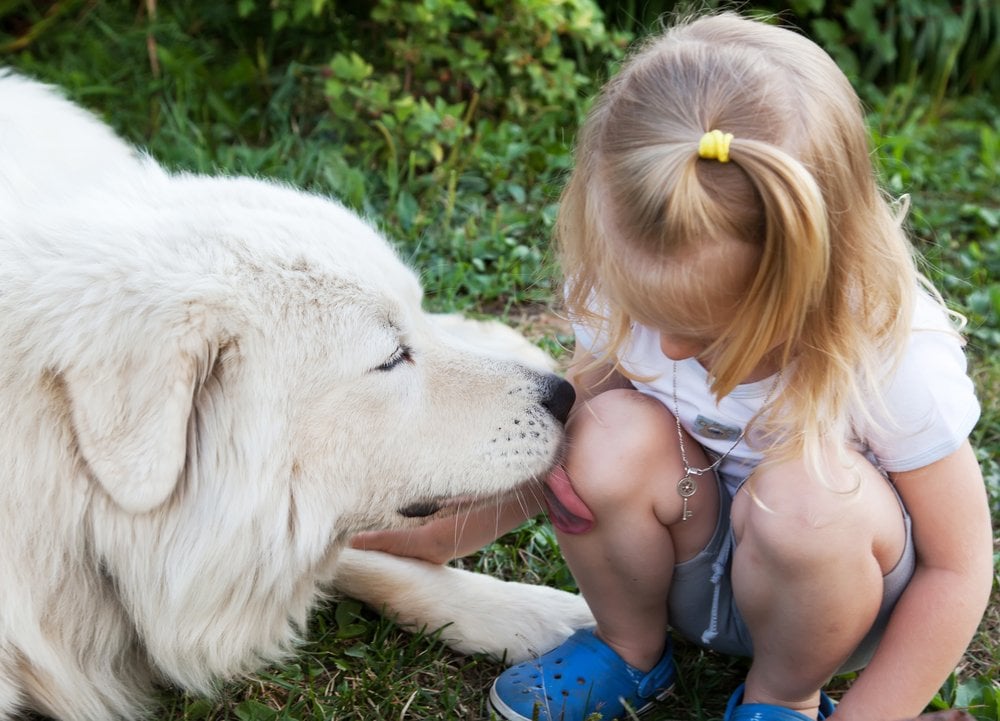
The principal risk of licking wounds is infection, especially in patients with a decreased immunity to fight infectious diseases (i.e. immunocompromised patients). There are a number of notable cases – including the one of a diabetic man whose thumb had to be amputated after he licked the wound following a bicycle accident – where the condition of patients actually worsened after they licked their wounds. This is why doctors usually advise against licking an open wound, especially a severe one.
Animal saliva, on the other hand, seems to be much more effective in healing their own wounds. Maybe it’s an evolutionary advantage, since they had to survive in the wild, where they frequently injured themselves and had no access to pills or medicine. Humans were not there to take care of them and veterinarians didn’t treat them when they got wounded; all they had was their own saliva to patch things up. This is why a lot of animals, including cats, dogs, tigers, lions and even rodents, rely on their own saliva to treat injuries.
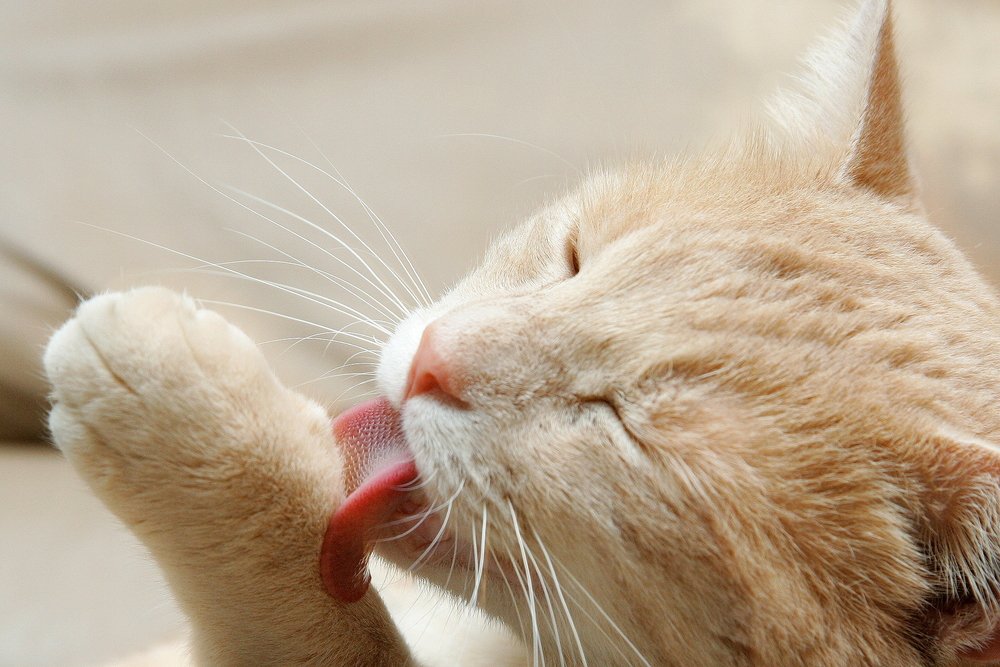
It’s interesting to note that, idiomatically, ‘licking your wounds’ means ‘to withdraw temporarily to recuperate from a defeat’. Therefore, it’s safe to lick minor cuts and bruises, but if you’re dealing with a severe wound, it’s better use your mouth to call for help, and keep your tongue where it belongs!


